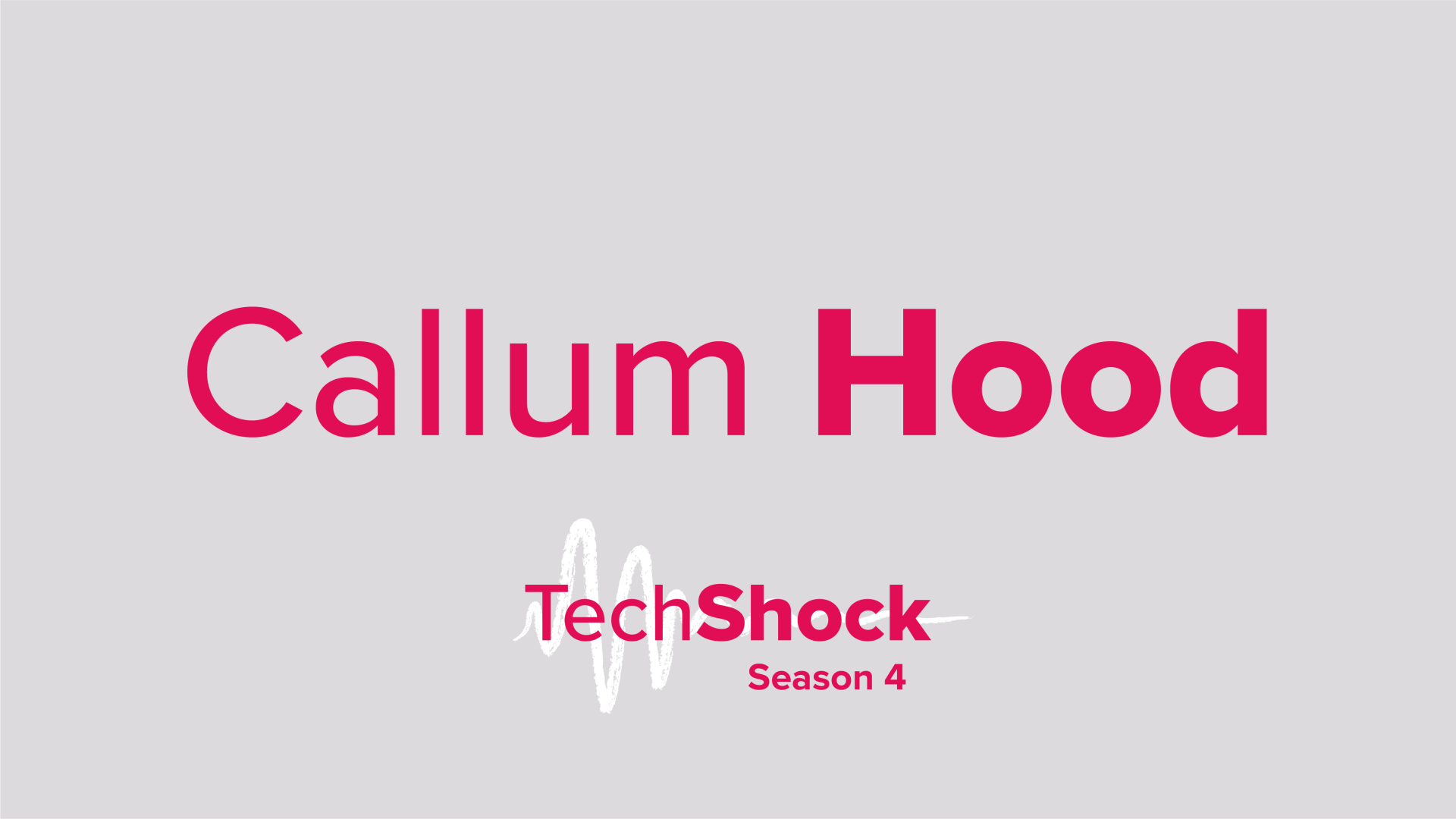The Tech Shock Podcast – Callum Hood
*Trigger warning: the following article includes reference to depression and suicide. For help and support, please take a look at these resources.
Season 4 of the Tech Shock podcast continues with Vicki and Geraldine in conversation with Callum Hood, Head of Research at the Center for Countering Digital Hate (CCDH).
They discuss the online and offline impact of ‘incel’ (or ‘involuntarily celibate’) culture, and why platforms should do more to limit harmful content and disinformation.
![]()
Callum begins by introducing the CCDH’s research on incels – disenfranchised, angry, and arguably vulnerable young men who find themselves alienated from forming healthy, sexual relationships with women.
He describes how, when ‘webscraping’ a popular public incel forum, the CCDH found rape mentioned every 29 minutes, with staggering percentages of posts being pro-rape and pro-child sexual abuse. Callum believes this stems from a disregard for both women and consent.
He goes on to explain that extreme posts might appear ironic or self-mocking, but actually have a serious impact on those reading them – at times translating into extreme real-world harms, with incel culture being linked to previous mass shootings.
Callum further notes that these sites shouldn't be considered places of healthy advice and support; they promote fatalistic ‘blackpill’ outlooks and violent ideologies, designed to push vulnerable or impressionable individuals further down the rabbit hole.
Both Geraldine and Vicki note the creative and ‘cult-like’ language employed by individuals on these forums. Callum explains that this shared, secret language is part of what binds the community together.
Vicki asks to what extent these nihilistic communities have led to suicide among members. Whilst exact numbers are hard to pin down, Callum claims a third of posts on one prominent forum related to ‘rage’ and ‘despair’, and only 5.8% to ‘life-fuel’ (i.e. reasons to live). He references research by the New York Times which uncovered dozens of forum-related suicides.
Discussion turns to tech companies. Callum believes that there’s an important role to be played by them – from changing Google search rankings and deplatforming harmful YouTube channels, to regulating disinformation and abusive direct messaging on social media – and that more does need to be done.
This leads onto the Online Safety Bill, which Callum believes might incentivise tech companies to act responsibly and with accountability – at least more than self-regulation does. In the eyes of the CCDH, it’s a step forward.
![]()
Next week Vicki and Geraldine talk to researcher Sam Gilbert about Web 3.0 and the internet of the future.
